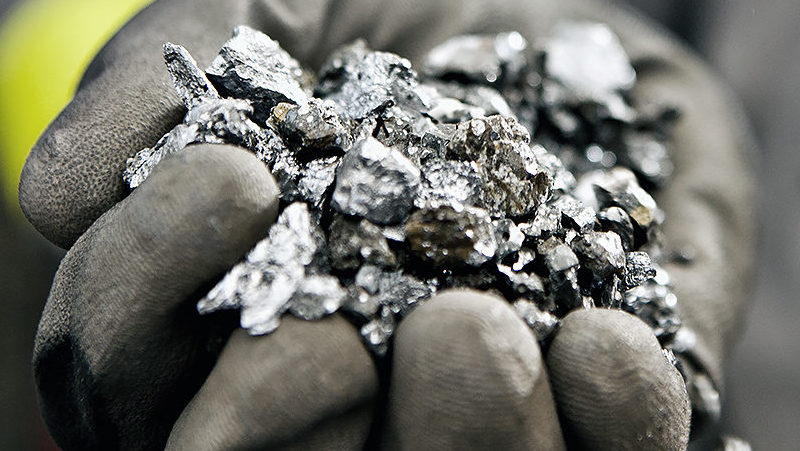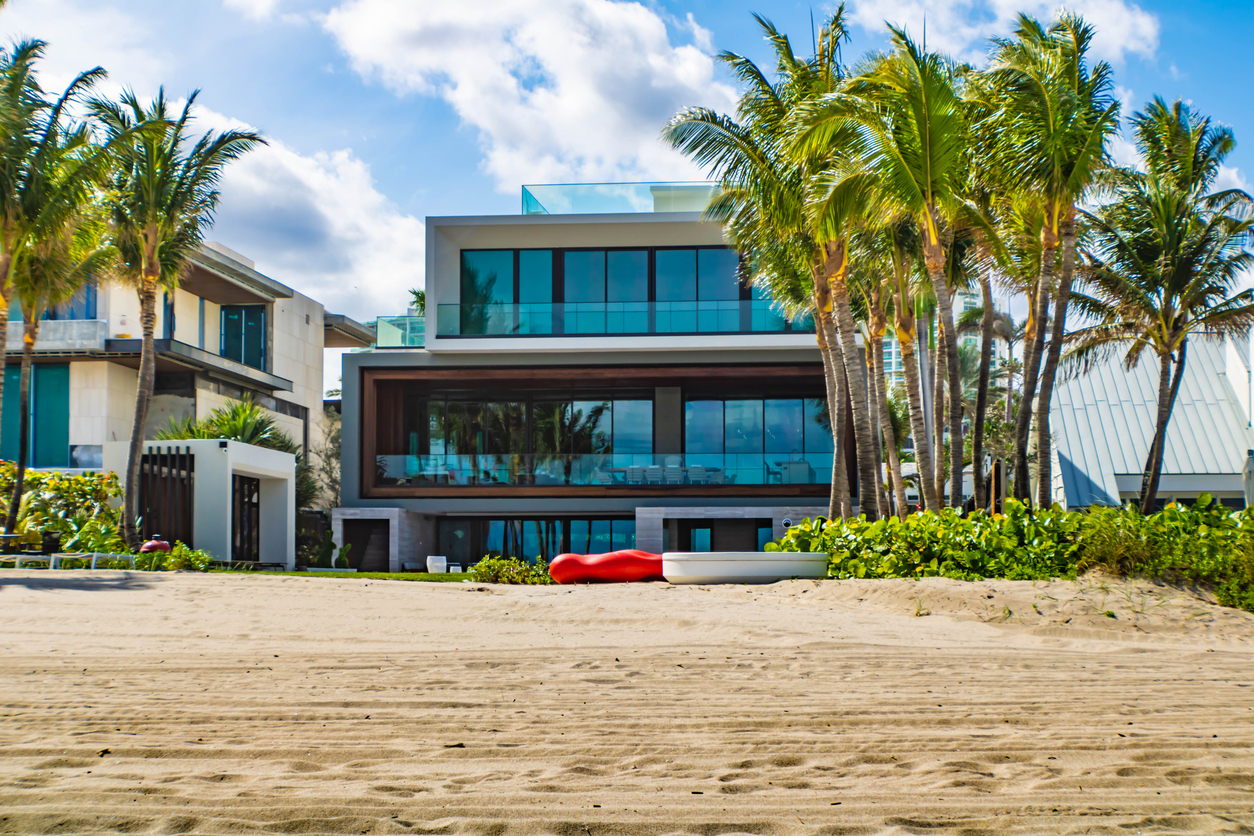The Ultimate Guide to Buying and Exporting Platinum from South Africa
The Ultimate Guide to Buying and Exporting Platinum from South Africa
Platinum is a chemical element with the symbol Pt and atomic number 78. It’s one of the rarest elements on Earth, but that doesn’t stop it being extremely useful. As well as being a key component in catalytic converters – which reduces emissions from cars, trucks and other motor vehicles – platinum is also used to produce jewelry and laboratory equipment. More importantly for investors, platinum has soared in value over the last few years, due to production issues with other metals such as gold, copper and nickel. This article will explain everything you need to know about buying and selling platinum from South Africa:
What is Platinum?
Platinum is a rare and precious chemical element with the symbol Pt and atomic number 78. It’s one of the rarest elements on Earth, but that doesn’t stop it being extremely useful. As well as being a key component in catalytic converters – which reduces emissions from cars, trucks and other motor vehicles – platinum is also used to produce jewelry and laboratory equipment. More importantly for investors, platinum has soared in value over the last few years, due to production issues with other metals such as gold, copper and nickel. With a current price of around $1,100 per ounce, platinum is a highly valuable metal. Since the 1980s, platinum has been traded on the New York Mercantile Exchange, alongside other metals such as gold, copper and silver.
Why is South Africa so Important to the Platinum Market?
South Africa is the world’s largest producer of platinum and accounts for approximately 60% of total global platinum production. In fact, South Africa’s platinum industry dates back to the late 1890s, when the first commercial platinum mine opened in the Northern Cape in the town of Rustenburg. During the 1940s and 50s, South Africa was the world’s largest producer of platinum, but output slowed during the 1960s due to growing international boycotts against the apartheid government. During the 1970s, South Africa’s platinum industry was in crisis, with production falling to just 24 tons per year. But by the late 1980s, platinum production had soared to more than 600 tons per year.
Who are the Major Players in the South African Platinum Market?
While South Africa is the world’s largest producer of platinum, it’s important to note that much of that platinum is used in the country’s own automotive industry. As a result, South Africa also imports significant amounts of platinum, particularly from Russia and Zimbabwe. Zimbabwe’s platinum industry is currently suffering from significant political and economic issues, which has led to a significant fall in production. In fact, Zimbabwe was the second-largest producer of platinum from 2002-2012, but ongoing issues with the Zimbabwe Stock Exchange means that platinum is now listed as ‘suspended’. Russian platinum production is also relatively low, with around half of that production used to refine platinum for use in the country’s own automotive industry.
How to Buy Platinum in South Africa?
If you’re planning to buy platinum in South Africa, you’ll first need to create an account with a platinum exchange. Two of the most popular platinum exchanges in the world are the New York Mercantile Exchange (NYMEX) and the London Bullion Market Association (LBMA). While you can trade platinum through a brokerage account, it’s also possible to buy platinum directly from the exchanges. Once you’ve created an account, you can buy platinum by trading futures contracts on the exchange. You can also buy platinum bars, coins and rounds in South Africa, but these are generally more expensive than platinum futures contracts.
How to Export Platinum from South Africa?
If you’re planning to export platinum from South Africa, you’ll first need to find a buyer. There are a number of different ways you can find a buyer, such as on online exchanges, at platinum exhibitions or by working with a local platinum broker. Generally, you won’t be able to export platinum directly from South Africa without an export permit. To obtain an export permit, you’ll need to work with a local South African company that’s authorized to export platinum. You’ll also need to make sure that you’ve received payment in full for the platinum you’re exporting.
Bottom line
Platinum is one of the rarest and most valuable metals on Earth, and it’s also one of the most important commodities in the automotive industry. If you’re looking to buy or sell platinum in South Africa, you’ll need to create an account with a platinum exchange and find a local company that’s authorized to export platinum.








LEAVE A COMMENT
You must be logged in to post a comment.